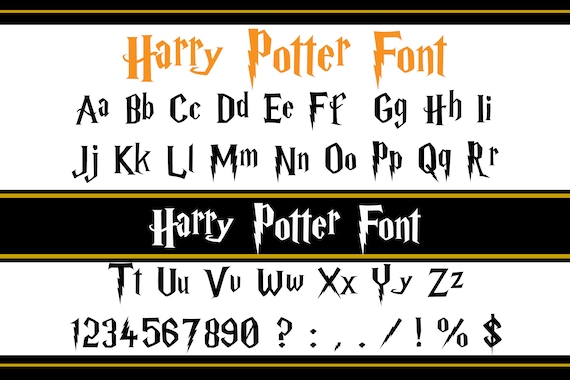

Mar and Oatley ( 2008) argue that such an immersion into a narrative has not just an entertaining function.

Being immersed in a fictional world may affect the individual’s behaviour, influencing readers’ views on social and emotional situations which are vicariously experienced through the situations, thoughts, and emotions of characters ( Das, 2013). There is ample evidence that identification processes can influence individual psychological states such as self-esteem ( Turner, 1993) and well-being ( Branscombe, Schmitt, & Harvey, 1999), as well as an individual’s personality ( Djikic, Oatley, Zoeterman, & Peterson, 2009). Although readers and spectators tend to identify with those fictional elements that are believed to be closer to one’s characteristics ( Cohen, 2001 Turner, 1993), identification can lead to changes in one’s perception of the self and environment. Identification can be described as “being in a character’s shoes and seeing the world through its eyes” ( Tal-Or & Cohen, 2010, p. Specifically, identification is said to occur when readers conduct deep processing of fictional elements, aligning themselves and adopting characters’ emotions, core values, and psychological traits as a result ( Cohen, 2001). As readers are immersed in a fictional world, they examine characters’ points-of-view, ultimately reacting and connecting with them-as well as with other fictional elements-through identification, parasocial interaction, or imitating behaviour. On a theoretical level, we extend previous research by also analysing the relation of the Hogwarts Houses to Schwartz’s Basic Human Values but find only moderate or no relations.Ĭultural mass phenomena such as book series can have a long-lasting effect on social attitudes, emotional perception, and personal relations ( Gabriel & Young, 2011).

The effect vanishes when restricting the analysis to participants who desired, but were not sorted into a particular House. Although our results are similar, effect sizes are small overall, which attenuates the claims by Crysel et al. We replicated their study while improving on sample size, methods, and analysis. Crysel, Cook, Schember, and Webster ( 2015) argued that being sorted into a particular Hogwarts House through the Sorting Hat Quiz is related to empirically established personality traits. The author of the books has constructed an online questionnaire that allows fans to find out their House affiliation.

In the series, pupils get appointed to one of four groups (Houses) at the beginning of their education based on their personality traits. The Harry Potter series describes the adventures of a boy and his peers in a fictional world at the “Hogwarts School of Witchcraft and Wizardry”.


 0 kommentar(er)
0 kommentar(er)
